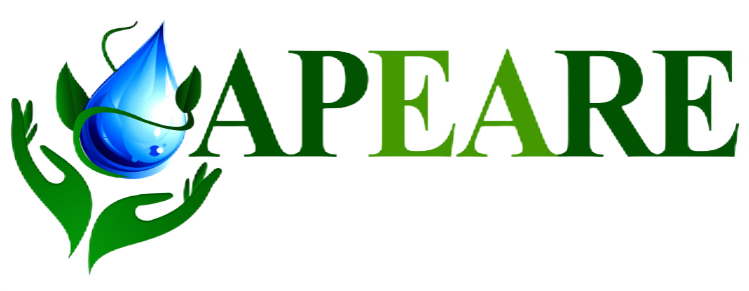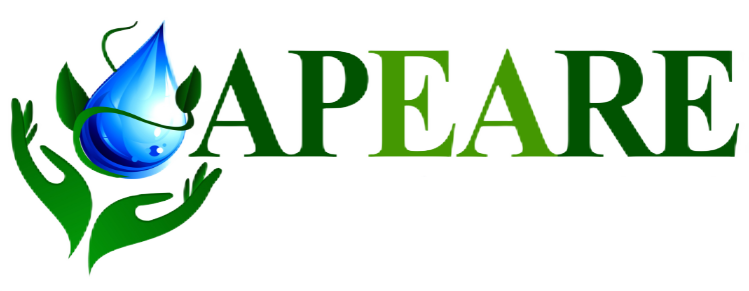Ebiarede is one of the many that were affected by the flood that occurred in Bayelsa in October 2022. Ebi, as fondly called, recounts how the flood forced her family and neighbors out of their beautiful home to live in a primary school that now serves as an internally displaced person’s camp (IDPC) in the region. The experiences of Ebi are not palatable in the camp. Her story is like the story of every other girl forced out of their homes due to the flood.
All over the world, women living in IDPC’s are more susceptible to danger than men. Ranging from rape and pregnancy to victimization and domestic violence just to mention a few. When we talk about climate change, we seldom talk about how it is more dangerous to women than to men. Ebi must face the agony of leaving her home and experiencing gender victimization in the camp, due to the flood, an after-effect of climate change. Climate change has a considerable effect on household water, food, and fuel—activities that usually are the chores of women and girls. When a community is affected by climate change, it becomes difficult for women to carry out these tasks and this leads to scarcity.
It is estimated that women produce 60-80% of food in the world, and they represent 20% of the agricultural labor force in this region. They play a significant role as producers of food, managers of natural resources, income earners, and caretakers of household nutrition. Likewise, they produce, process, and prepare most available foods, and are thus vital for food security in their families and communities. The negative consequences of climate change enhance gender inequality, reduces women’s ability to be financially independent, and has a terrible impact on women in general. Gender roles in a developing country’s societal norms mostly put men in charge and women are being supported thus making it difficult for women in these times.

Climate change is caused by waste, Oil drilling, deforestation, industrialization, overfishing, and burning fossil fuels such as oil, gas, and coal. When burnt, fossil fuels release carbon dioxide into the air, causing the planet to heat up. The effect of this is intense drought, storms, heat waves, rising sea levels, melting glaciers, and warming oceans which can directly harm animals, destroy the places they live, and wreak havoc on people’s livelihoods and communities. Women become vulnerable when these happen.
Ebiarede whose name means my eyes have seen good, said the congestion in the room she was at the camp was dehumanizing and she thinks diseases would spread quickly there. “We had no food, and the camp officials took the little we had”. Having discussed with her the cause of the flood and the concept of climate change, she wished she did more for her community to prevent the flood. While reminiscing about her stay in the camp, she said unlike my name, my eyes saw everything but good.
Written by: Vicky Okiyi



